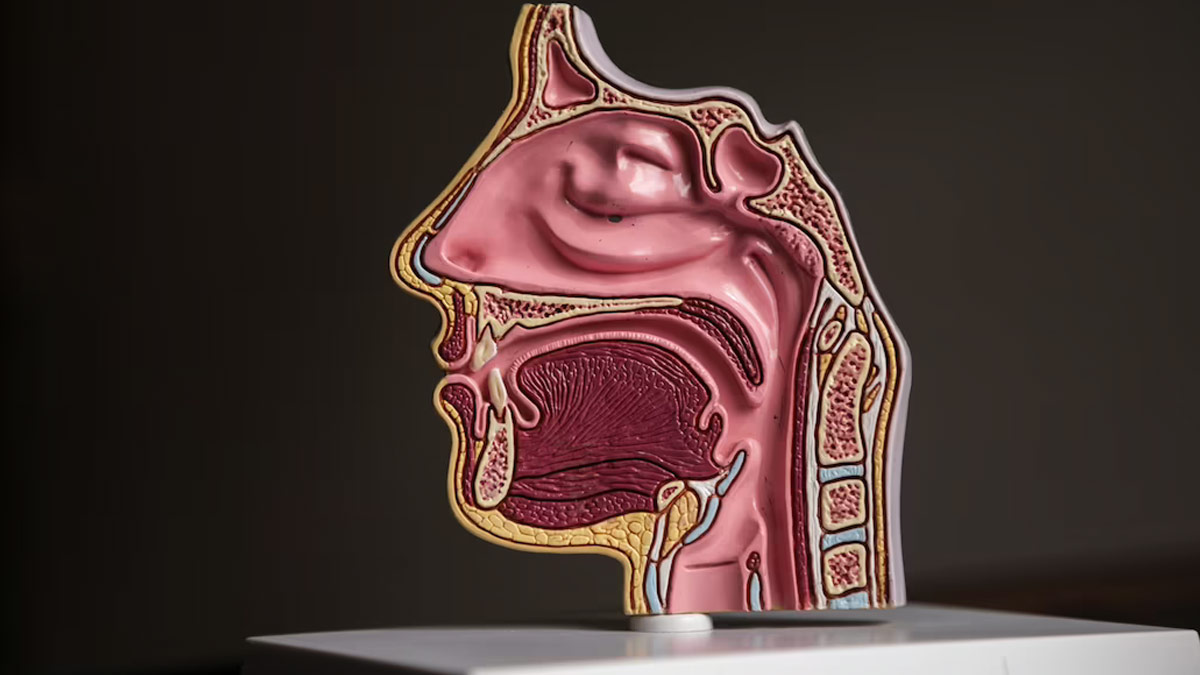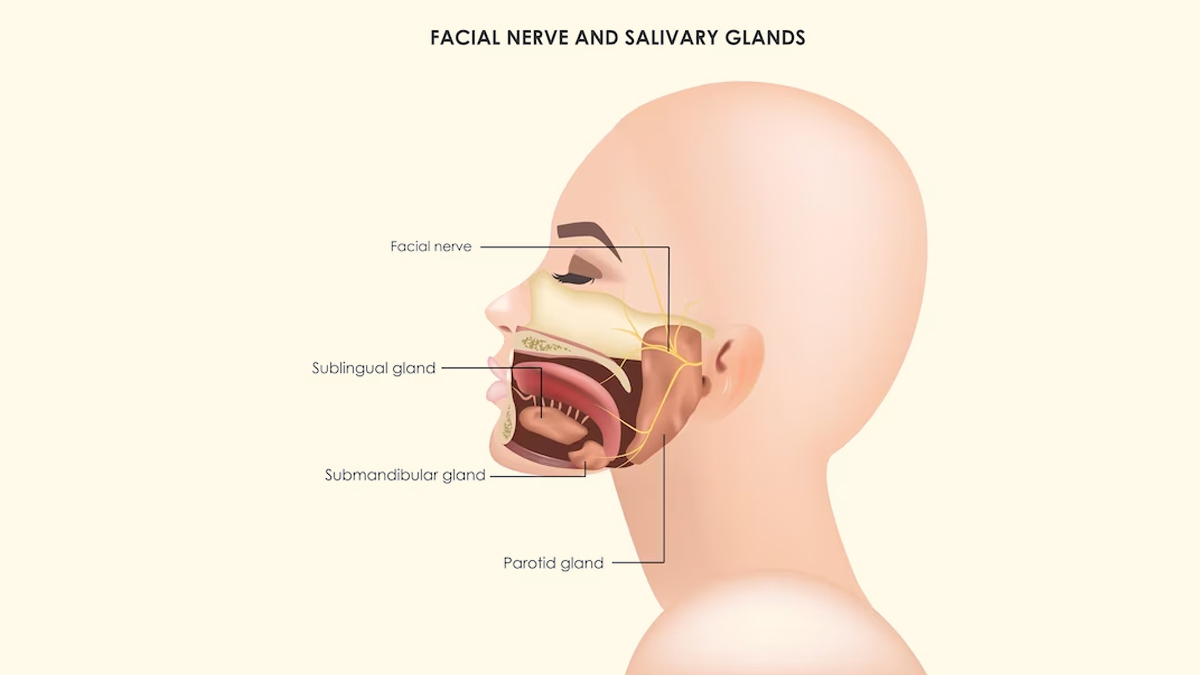
Salivary gland cancer is a relatively rare type of head and neck cancer that occurs when malignant cells develop in the salivary glands. These glands are responsible for producing saliva, which helps with digestion, keeps the mouth moist, and protects teeth from decay.
Table of Content:-
“The most common type of salivary gland tumours occurs in the parotid gland and are mostly benign. However most tumours in the minor salivary glands that are present in the palate, lips cheek and tongue are mostly malignant”, said Dr Shalini Thakur, Consultant - department of head and neck surgical Oncology, HCG Cancer Hospitals, Bangalore.
How Salivary Gland Cancer Manifest In Elders
Salivary gland cancer may manifest differently in older people. Painless lumps or swelling in the neck or mouth, which can be mistaken for benign illnesses such as salivary gland stones or infections, are some common signs and symptoms in this age group. Other symptoms include swallowing difficulties, changes in speech or voice quality, and facial nerve weakening.

Symptoms
According to Dr Thakur, salivary gland cancers may present with a range of symptoms, and these can vary among individuals. Common symptoms may include:
- Painless masses or swelling in the neck, mouth, or throat.
- Changes in facial appearance or asymmetry due to glandular enlargement.
- Difficulty swallowing or a sensation of something stuck in the throat.
- Changes in speech or voice quality, such as hoarseness.
- Facial nerve weakness or paralysis, which can affect facial expressions and eyelid closure.
- Fast growing lump on the palate
Also read: What are Salivary Gland Disorders?
Causes
The exact cause of salivary gland cancers is not well understood, but several factors may contribute to their development, including:
- Radiation exposure: Previous exposure to ionising radiation, such as in the treatment of head and neck cancer, may increase the risk of salivary gland cancers.
- Genetic factors: In some cases, there may be a genetic predisposition to salivary gland cancers, although this is relatively rare.
- Viral infections: While not definitively proven, some studies have suggested that certain viral infections may play a role in the development of salivary gland cancers.
Diagnosis
“Diagnosing salivary gland cancers in the elderly can be challenging, as symptoms may be subtle and similar to other non-cancerous conditions. Diagnosis typically involves a combination of physical examination, imaging studies (such as CT scans, MRI, and ultrasound), and biopsy to confirm the presence of cancer,” said Dr Thakur.

According to the American Cancer Society, Staging is crucial to determine the extent of the disease and guide treatment decisions. In elderly patients, the stage of the cancer may influence the choice of therapy, considering their overall health and ability to tolerate treatment.
Treatment Options
The treatment of salivary gland cancers is complex and often requires a multidisciplinary approach involving surgeons, radiation oncologists, and medical oncologists.
Although Surgery is the mainstay of treatment for salivary gland cancers, the choice of treatment depends on factors such as the type and stage of cancer, the patient's overall health, and their preferences.
In elderly patients, the treatment approach may need to be tailored to their specific needs. Radiation therapy can be effective, but its side effects must be carefully considered, especially in elderly patients with reduced functional reserve.
When treating salivary gland cancer in the elderly, it is important to remember that each patient is unique, and a customised strategy is required. Understanding the specific requirements and problems that this population has allows us to improve their quality of life and raise their chances of success.
Also watch this video
How we keep this article up to date:
We work with experts and keep a close eye on the latest in health and wellness. Whenever there is a new research or helpful information, we update our articles with accurate and useful advice.
Current Version